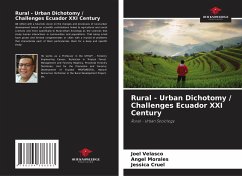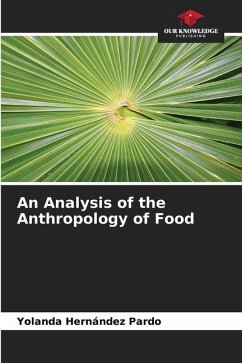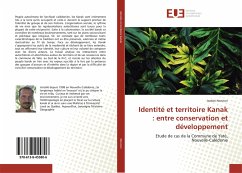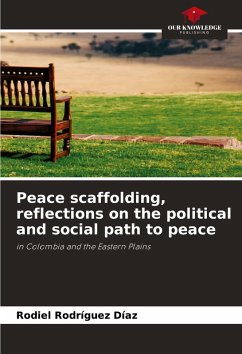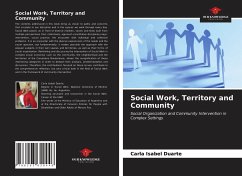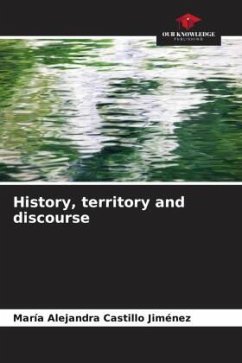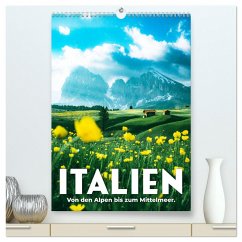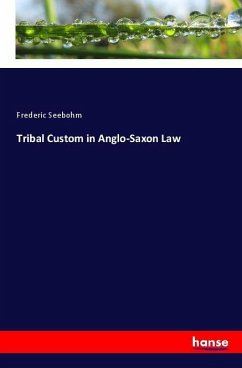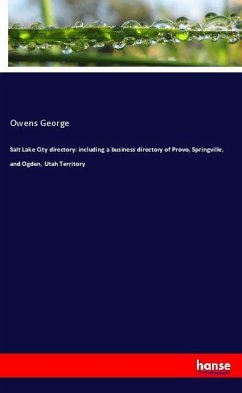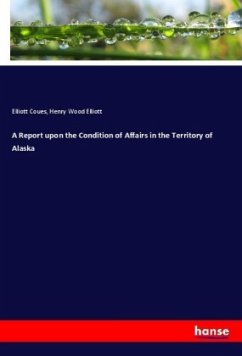
Kanak identity and territory: between conservation and development
Case study of the Commune of Yaté, New Caledonia
Versandkostenfrei!
Versandfertig in 6-10 Tagen
47,99 €
inkl. MwSt.

PAYBACK Punkte
24 °P sammeln!
As an indigenous people of the Caledonian archipelago, the Kanak are intimately linked to the land they occupy, and this becomes the primary support for the group's identity and its history. The social organization, the rhythm of life as well as the indigenous representations are for the most part the result of this reciprocity. Following colonization, Kanak society underwent numerous upheavals, both on the socio-cultural and political levels and on the religious level. However, we note that many characteristic features of the tradition have been preserved, valued and even updated over time. I...
As an indigenous people of the Caledonian archipelago, the Kanak are intimately linked to the land they occupy, and this becomes the primary support for the group's identity and its history. The social organization, the rhythm of life as well as the indigenous representations are for the most part the result of this reciprocity. Following colonization, Kanak society underwent numerous upheavals, both on the socio-cultural and political levels and on the religious level. However, we note that many characteristic features of the tradition have been preserved, valued and even updated over time. In the face of development, the Kanak appropriate the tools of modernity and try to make themselves heard, while asserting their identity, their culture and their willingness to deal with the various actors. The work analyzes the interactions between natives and non-natives around the territory and its resources in the commune of Yaté, in the South of N-C, and insists on the expectations of the Kanak people in relation to the issues raised both by the presence of groups of actors and interests in the region and by the difficulty of reconciling conservation and development of the territory.



